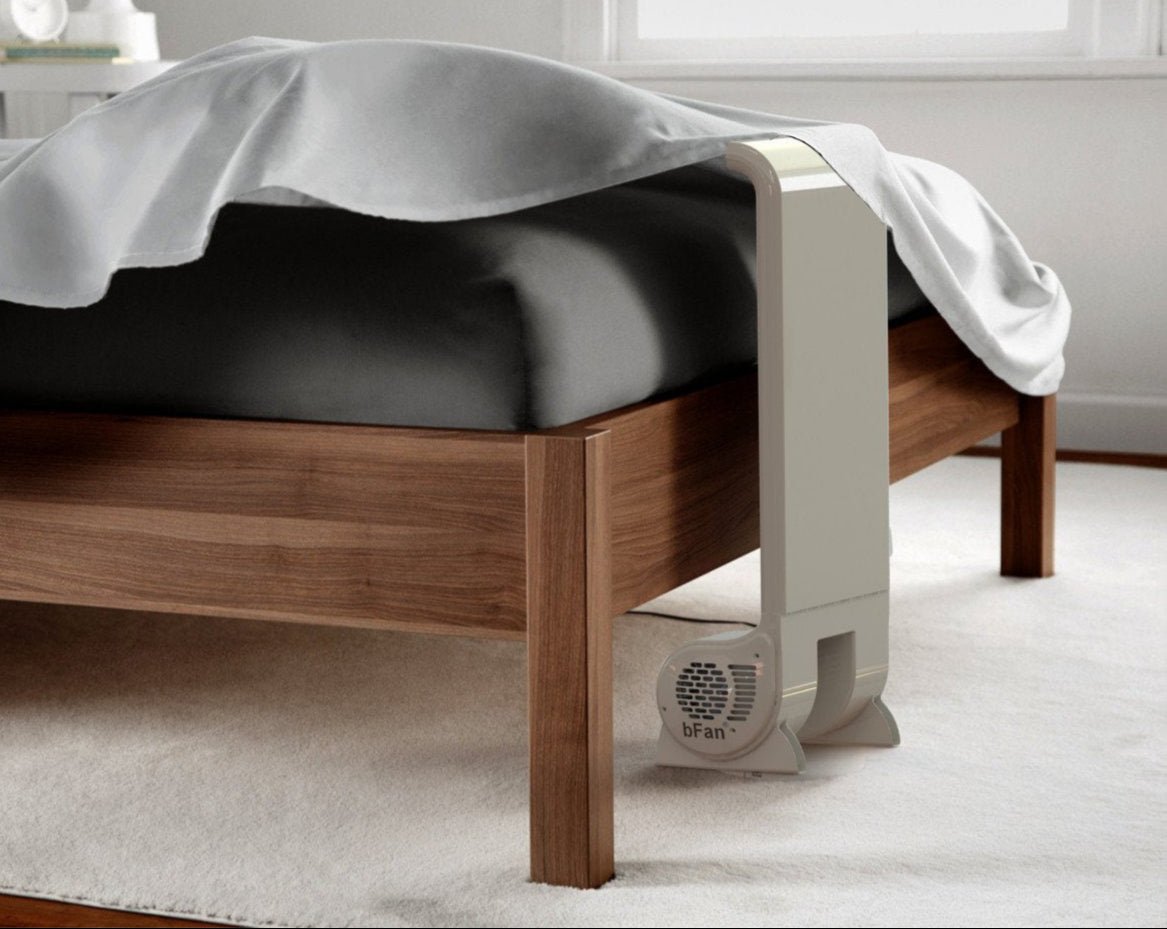How Light Affects Sleep
by Hannah Tompkins
All of the human senses play an important role in sleep wellness. But the most important of those is how we interact with light. To fully understand the effects of light, we need to dig deeper into the body's circadian process and how it works. Thus, it’s important to know how your circadian rhythm and light interact to understand how blue light affects sleep.
The body's circadian rhythm functions are connected to the circadian pacemaker (or a master clock) within the brain. The specific area of the brain is within the hypothalamus, the part of the brain primarily responsible for hormone regulation. Inside of the hypothalamus is the suprachiasmatic nucleus (or shortened, SCN). And the SCN is highly sensitive to one external factor: light.
A healthy circadian rhythm allows for restorative sleep. It even helps our bodies to produce proteins close to mealtime hormones to provide enough energy (Sleep Foundation). The circadian rhythm also influences mental and physical health- from metabolism to dementia. The circadian rhythm even affects the sleep-promoting hormone melatonin!
The circadian rhythm is supposed to follow the pattern of light from the sun to ensure that we sleep at night and are awake during the day. This process is fundamental in producing melatonin. Thus, when darkness begins to fall at dusk, melatonin levels start to rise, encouraging us to sleep. But in our modern age, all of this can be disrupted by the excess of artificial light around us.
Light can affect the circadian rhythm in different ways, depending on when the exposure occurs. For example, exposure early in the morning can push the circadian rhythm earlier. In contrast, exposure late at night pushes it later. This explains why late-night exposure to artificial light, especially blue light, can be so harmful.
Blue light is a specific wave of light that impacts the body especially powerfully, because most of our exposure to blue light comes from the sun! When we get blue light exposure from the sun, it elevates body temperature and heart rate, making us feel awake and energized (Sleep Foundation). Knowing that, it's no surprise that when the body is exposed to blue light at night, whether from a TV, phone, or other electronic devices, the circadian rhythm is thrown off. Late-night light exposure also throws off transitions through sleep cycles, which makes sleep less refreshing.
The best way to ensure that light is not interfering with sleep is to minimize exposure to light (especially blue light) near bedtime. This means avoiding electronics usage as much as possible or using blue light glasses. Efforts can also be made to eliminate outside light from the bedroom by using curtains (especially blackout curtains) or a sleep mask. Blocking out the light from electronics in the bedroom, such as clocks, is also helpful. However, not everyone likes a pitch-black room at night, which is where red light comes in. It is currently theorized that red light promotes melatonin, thus promoting better sleep (Healthline). Most importantly is getting plenty of natural light exposure during the day.
https://www.sleepfoundation.org/circadian-rhythm
https://www.sleepfoundation.org/bedroom-environment/light-and-sleep
https://www.sleepfoundation.org/bedroom-environment/blue-light
https://www.healthline.com/health/why-not-to-have-red-lights-on-at-night#facts-about-red-light
Share

